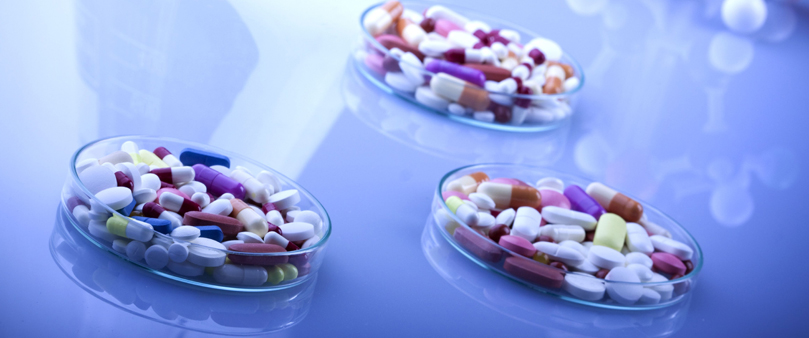
Developments into microrobots drug transportation
Good news for those of us with a sweet tooth – scientists in the United States have found that a spoonful of sugar really does help the medicine go down.
Researchers at the University of California San Diego have found a way to incorporate microrobots for medical use into pills, so they can transport drugs to the part of the body where they are needed – such as a tumour or localised infection.
One of the problems researchers in this field have been facing is how to make sure the microrobots, which are about the width of a human hair, remain intact as they travel through the body and come into contact with body fluids. In a study published in the journal ACS Nano, the university scientists revealed they had had success with magnesium-based microrobots incorporated into pills made from lactose and maltose.
Earlier attempts at using microrobots coated with antibiotics to treat ulcers in laboratory mice worked better than just taking the drugs by themselves, but were far from perfect. The robots worked as intended, but some of them got stuck in the mice’s throats when administered with a liquid – and some released the drugs when they came into contact with gastric acid and intestinal fluids, before they reached the ulcers.
However, the researchers found that the lactose and maltose pills protected the microrobots well as they travelled through the digestive system, and worked better than both silica tablets and liquid solutions. Lactose and maltose are easy to make into tablets, non-toxic, and disintegrate easily when the drugs need to be released.
“The results illustrate that combining the advantages of traditional pills with the efficient movement of micromotors offers an appealing route for biomedical applications,” the study authors said. “We envision that these robust platforms will facilitate the gastric delivery of various types of micromotors in a more localised manner.”
They added that further testing was needed and that there were many challenges still to be overcome – including how to produce microrobots on a large enough scale for pharmaceutical companies.
If your work involves medical research, you’ll know that funding can be a constant source of uncertainty – but you may not know that you could be eligible for help from the government through UK research and development tax credits. In fact, you might be able to get as much as a quarter of your costs back.
R&D Tax Solutions can help do all the work on your R&D claim for you. Have a look at our R&D relief calculator to see if you could be eligible, or give us a call on 0161 298 1010 at our office in Manchester to find out if we can help.





